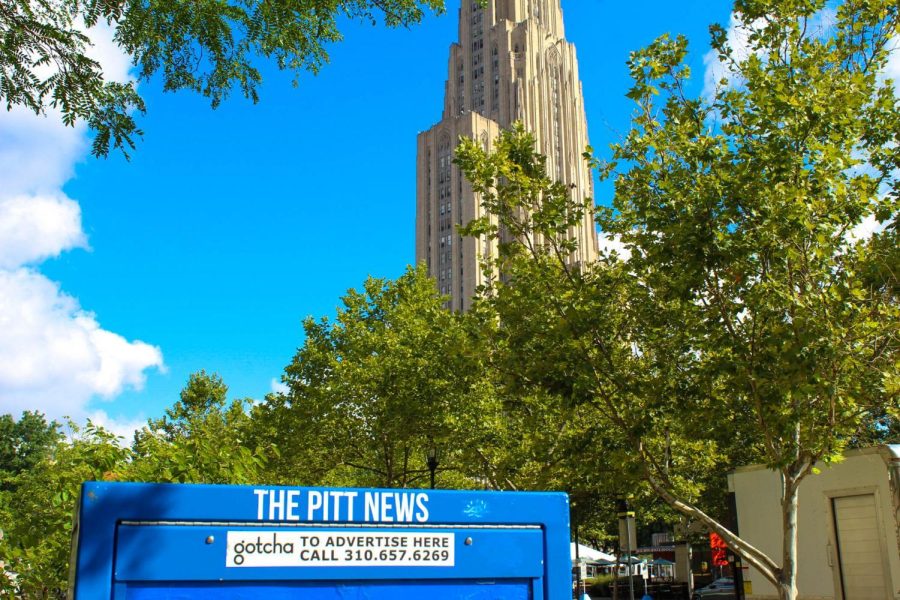Letter to the Editor 1, 12-8
December 8, 2008
Dear editor, Erik Hinton’s Dec. 5th column, ‘Folk intellectualism is faux intellectualism,’ is… Dear editor, Erik Hinton’s Dec. 5th column, ‘Folk intellectualism is faux intellectualism,’ is a cogent, well-intentioned article; yet, its flaws are numerous and glaring. His opinion that the gift of intellect is despised by the majority of the country is out of touch and deceptive. Hinton chides the ‘anti-intellectual’ movement, claiming that our contemporary culture has been polarized between those deemed to be intellectuals and those, well, not. His attack on our country’s non-intellectual populace is rooted in a belief that this country is full of individuals who seethe at the presence of intellectual superiors. He presents mainstream American culture as innately at odds with ‘intellectualism’. This, I believe, is false. It is not inherent intellect that many in our country are skeptical of. Rather, the institutions, beliefs and attitudes of the intellectual community are what many are distrustful of. Elitism, sense of entitlement, and faulty ideology tend to be the formidable traits of ivory tower-dwellers. The notion that intellect nurtures omniscience and that those of significant intellect are capable of micromanaging society has been the perpetual ethos of many in the academic world. This is what many of us find unsavory. A segment of Americans see the inhumanity of the 20th century as a consequence of this sort of social engineering performed by those labeled intellectuals. The notion that intellect is a natural bridge to supremacy was the past century’s tragic fallacy. Many prevalent American intellectuals pointed to the Soviet Union as a beacon of utopia during the 1920s and ’30’s. Indeed, Marx, Engels and Lenin had monumental intellect, but their ‘puffed-up philosophies’ brought great human suffering. Contrarily, Harry Truman, Dwight Eisenhower and Ronald Reagan were never considered to be possessors of immense intellect, but their accomplishments have become a model of presidential success. Hinton’s assessment of the 2008 presidential election as revelatory of the nation’s relaxed anti-intellectualism reveals an important countervailing argument. Barack Obama’s support and opposition were not rooted along intellectual lines ‘mdash; more important issues were at stake. His charisma, political astuteness and dynamism in the face of an unpopular incumbent brought him the presidency. These were the qualities that the majority of the population found desirable, not Obama’s Ivy League degrees. One would be hard-pressed to find an individual who voted against Obama because he was just too darned smart. What we need to do is remain critical of appraised intellectuals and avoid assuming their virtues will not devolve into corrosive vices. Most Americans view intellect as something that should be cherished; they understand its utility, yet remain worrisome of its flaws. This is what Hinton seems to neglect in his thinking: America isn’t anti-smart. ‘Folk intellectualism’ is a means of understanding that prosperity is not reliant on intellect. Compassion, understanding and experience have been the pillars of this country’s greatest successes and will be for years to come. Mason Herron School of Arts and Sciences







